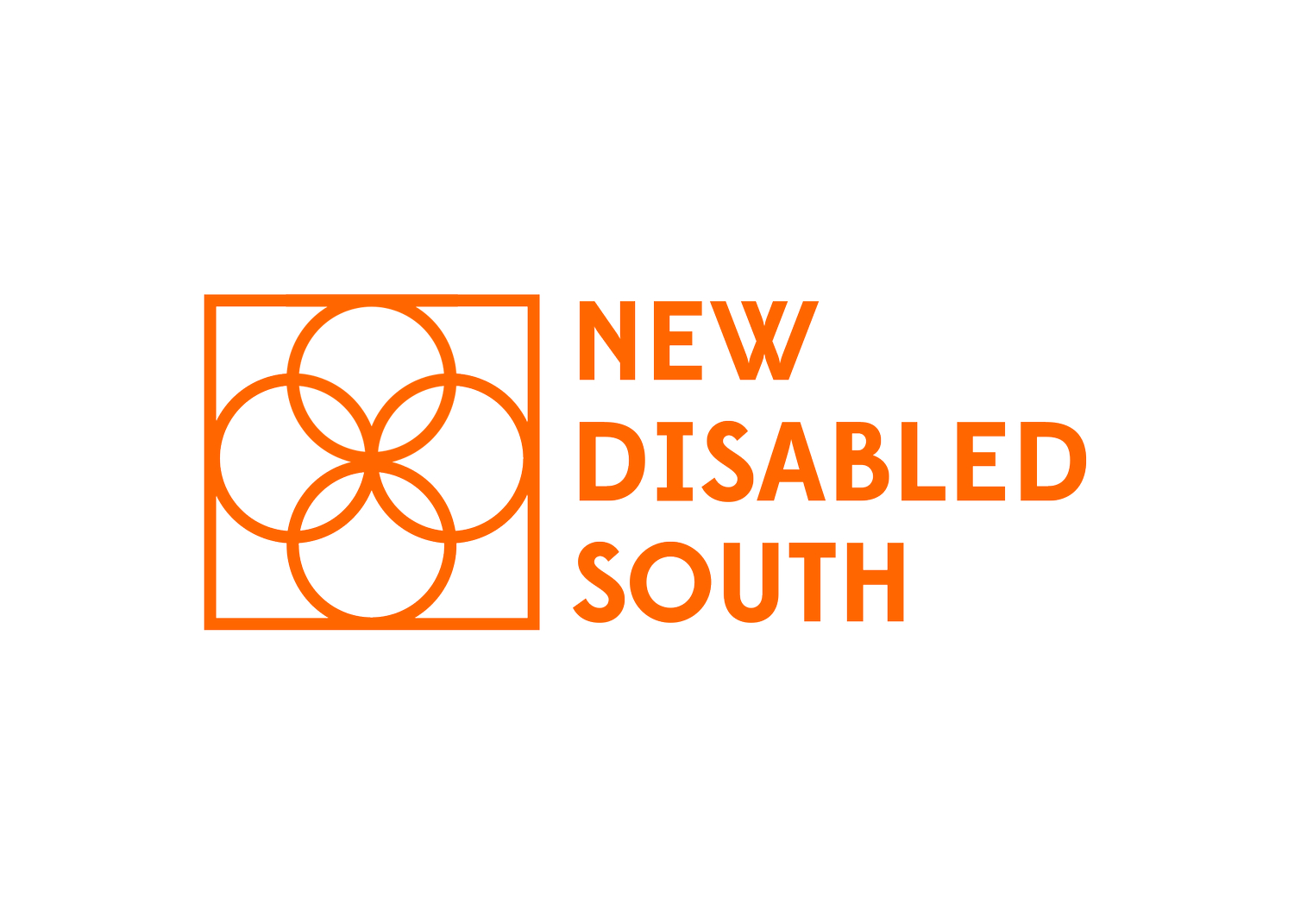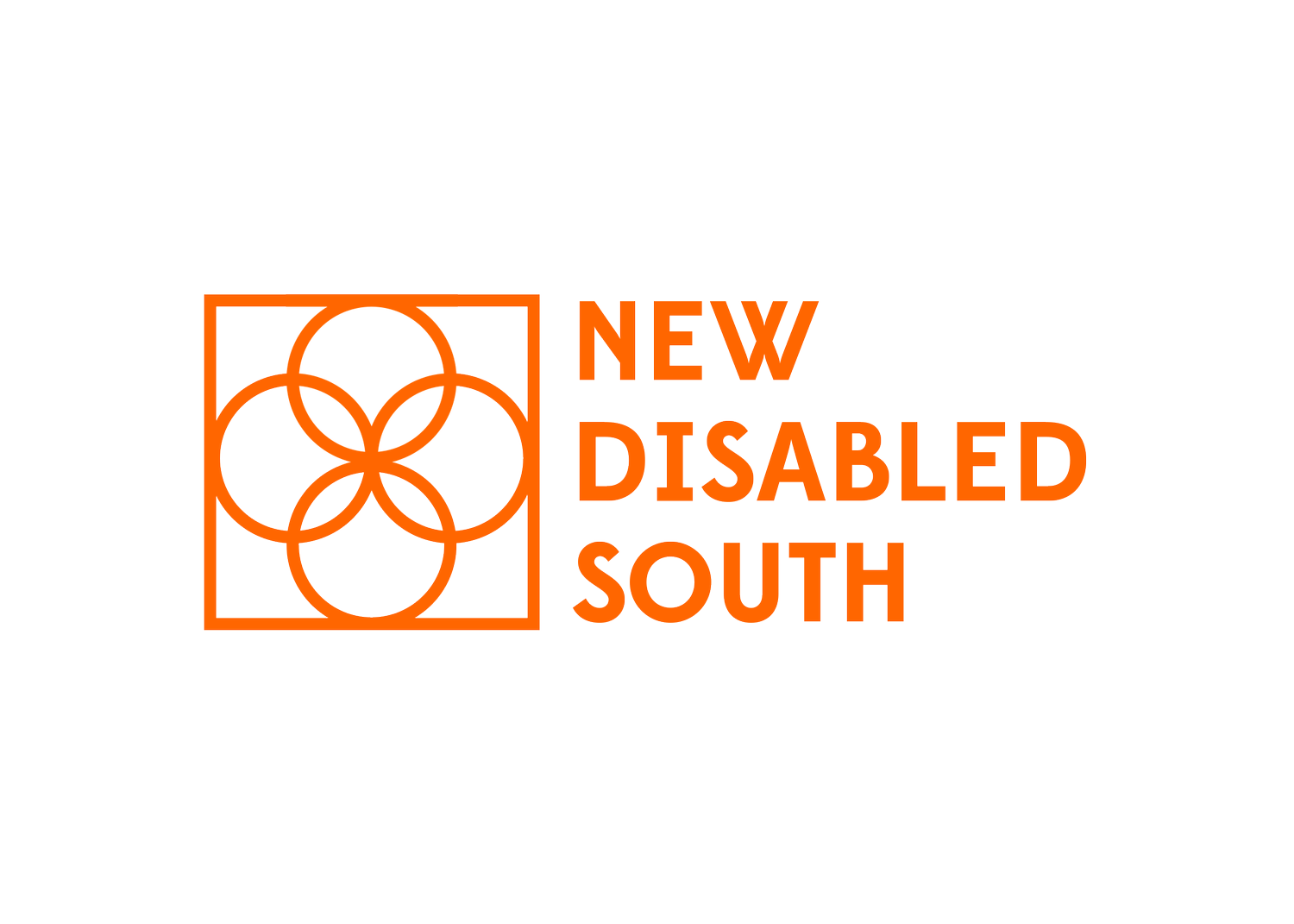The Electoral Process
Plain Language Fact Sheet
What is an election?
In an election, you vote on who you want to become your elected official.
Who is an elected official?
Elected officials are chosen by voters. The person who is elected is the person who gets the most votes. Their role is to represent voters in government. They have different jobs in the government, such as making laws or working on budgets.
Sometimes, you can vote on ballot measures during the election.
What is a ballot measure?
A ballot measure is a law, issue, or question that voters decide on in their community.
Voters determine the ballot measure outcome by voting yes to agree or no to disagree.
Who can vote?
To be able to vote in U.S. elections:
You must be a U.S. citizen.
You must be registered to vote.
You must be 18 years old or turn 18 years old by Election Day.
You must legally live in the area where you are voting. Each state has rules about what this means.
You have the right to vote if you are unhoused or homeless.
You have the right to vote if you live in a shelter or group home.
What are the steps to vote?
Register
Look at your state’s requirements for voting to make sure you are qualified to vote.
View all of the voter registration requirements in the South
Make sure to register before the deadline.
Research candidates and issues
Vote in person
Look up your polling location beforehand.
Prepare the identification you’ll need at the polling location.
Prepare to ask for any accommodations you might need.
Vote with an absentee ballot or a mail-in ballot
An absentee ballot is a paper form that has people and/or issues that voters can vote for on Election Day.
Find your state’s absentee voting or vote-by-mail page
Check your state’s deadlines
Make sure your address is updated before requesting your ballot
What happens on Election Day?
On election day, people go to polls to vote. Election day always falls on the first Tuesday after the first Monday in November.
Votes are counted once polls are closed. Each state has their own process for counting votes.
Voting precincts start reporting the winners of the popular vote and the electoral college votes.
The candidate who gets the most votes from voters wins the popular vote.
The electoral college is a group of people who choose the President of the United States. It is not a place, but a process.
If the race is too close to call, the counting process could continue for a few days.
The winners are declared nationally, once one of the candidates has gotten at least 270 electoral votes.
How are elections decided?
The Presidential election is decided through the Electoral College. A president serves up to two, four-year terms.
The presidential candidate who wins the popular vote in a state usually gets all of that state's electoral votes.
When you vote for President, you are actually voting for a group of electors who will vote for the candidate you chose. The electors are chosen by each state.
Electors are people who are chosen to vote for the President.
A candidate is someone who is running for office to become an elected official.
An elected official is someone who was voted into office.
The candidate who gets the most votes from the electors in each state wins the electoral vote.
Sometimes, even if a candidate wins the popular vote, they may not win the election. A candidate cannot win the Presidential election in the U.S. without winning the electoral vote.
To become President, a candidate needs to win at least 270 electoral votes.
This means that the candidate needs to win more than half of the electoral votes. The electors meet in December to vote for President. The President of the Senate counts the votes in January.
Each state has a certain number of electors. The number of electors is based on the number of representatives and senators a state has in Congress.
The Congress is made up of two parts: the House of Representatives and the Senate. The representatives are chosen by the people who live in their state.
The Senate has 100 members, with two from each state, and they work with the House to make laws for the United States. Each senator is elected to serve for six years.
The U.S. House of Representatives is part of the U.S. Congress. Each state has a number of representatives based on how many people live there. The House of Representatives has 435 members. Representatives are elected to serve for 2 years. They work with the Senate to make laws for the United States.
State and Local elections are important as well.
State-level elected officials include the governor, state representative, state senator, state judges, and the attorney general.
The attorney general is the main legal officer who speaks for a country or a state in legal cases and supports the government with legal advice.
Local-level officials include the mayor or city council members.
Why are disabled voters important?
If all the disabled people who could vote did vote, there could be huge changes to how elections turned out.
Only 17.7 million out of 61 million disabled adults voted in November 2020. This is more than in 2016 by 5.9 percentage points.
There would be around 2 million more disabled voters if disabled people voted at the same rate as non-disabled people.
Many disabled people don’t vote because of accessibility issues.
20% of disabled voters had trouble voting in 2022. The barriers they faced included signature match laws, restrictions on the support voters can receive, and inaccessible web pages.
Voter registration is not accessible. Most states don’t meet Web Content Accessibility Guidelines.
Candidates don’t engage with disabled people. Their web pages are inaccessible, and their policy and platforms are hard to understand.
There are laws that make it hard for disabled people to vote, and hundreds of new limiting bills have been suggested since 2020.
There are several ways that voting can be made more accessible:
Creating materials in plain language, Braille, and other languages
Make it easier to vote by mail or in person
Get rid of laws that make it difficult for people to vote, like signature matching or not allowing help with absentee ballots
Educate on accessible voting and collect data on disabled voters
What needs to be done?
Campaigns, voter outreach organizations, and politicians need to:
Make sure their information is accessible to disabled voters
Include group homes and nursing homes in their outreach
Advocate for policies that solve issues disabled people experience
Policymakers need to:
Pass laws that protect disabled voters and their right to vote
Include disabled people in making decisions about voting access
Disabled voters are powerful.
Politicians need to respect disabled voters.

